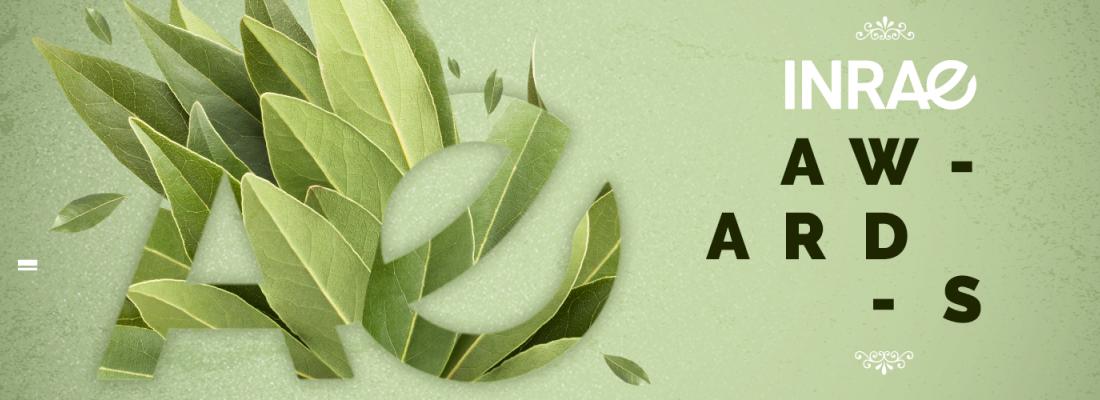Reading time 2 min
INRAE Awards: recognising excellence in research in agriculture, food and the environment
Published on 09 December 2020

● The Lifetime Achievement Award goes to Philippe Lemanceau, director of the Agroecology Unit at INRAE’s Burgundy-Franche-Comté centre. A specialist in soil biodiversity and the interactions between plants and microorganisms, he has been mobilising the expertise and means available in the region to further knowledge and tap into the biodiversity and interactions in agroecosystems since 2008. The goal? Achieve sustainable and multi-performance agriculture. This led to the creation of the Joint Research Unit for Agroecology in 2012 as well as unique experimental platforms, thanks to the support of the State and the Region. The research unit now enjoys national and international renown.
● The Scientific Breakthrough Award goes to Hervé Cochard, research director at INRAE’s Clermont-Auvergne-Rhône-Alpes centre. The award recognises his work on plant hydraulic systems, which has spurred scientists to revisit and boost knowledge of how trees tolerate drought in a context of climate change. The concepts and techniques developed by Hervé Cochard are at the root of a French school of scientific thought about tree hydraulics that is recognised internationally.
● The collective Science with an Impact Award goes to the 25-member “Prevention and Promotion of Carcinogenesis by Food” team (PPCA) of the Food Toxicology research unit at INRAE’s Occitanie-Toulouse centre. For the last quarter of a century, this team of researchers has been studying the link between colon cancer and the consumption of red meat and processed meats. In 2013, they uncovered the role that processed meats play in promoting colon cancer in humans. In 2015, the WHO relied especially on the team’s publications to classify red meat and processed meats as probable carcinogens.
● This year’s Promising Researcher Award recognises the careers of two young researchers:
- Charlotte Sinding, a researcher at INRAE’s Burgundy-Franche-Comté centre for the past five years, is interested in flavour, that is, the combination of taste and smell. A better understanding of the perception of tastes and smells could allow manufacturers to cut back on salt and sugar by adding aromas, for example.
- For the past six years, Thomas Opitz has been studying extreme risk at INRAE’s Provence-Alpes-Côte d’Azur centre. From theoretical mathematical models to their concrete application, his research has led, notably, to the development of predictive models for forest fires.
● The Innovation Award goes to François Laurens, an outstanding research engineer at INRAE’s Pays de la Loire centre, for his career in finding innovative ways to improve apples and other pome fruits. Notably, he has formed a new organisation of professionals that brings in nursery workers at a very early stage to test new varieties of fruit.
● The Research Support Award recognises the careers of women and men who bring exceptional and meaningful support to scientific experimentation, training and research transfer. This year’s award went to Dominique Chèneby, Health and Safety Coordinator at INRAE’s Burgundy-Franche-Comté centre. She started out as a microbiologist at the Institute before making a career change 20 years later to manage risk in the workplace. Very committed to her work, the management of the COVID-19 crisis is a highlight of her career in terms of the organisation of the centre and managing the stock of protective gear.
